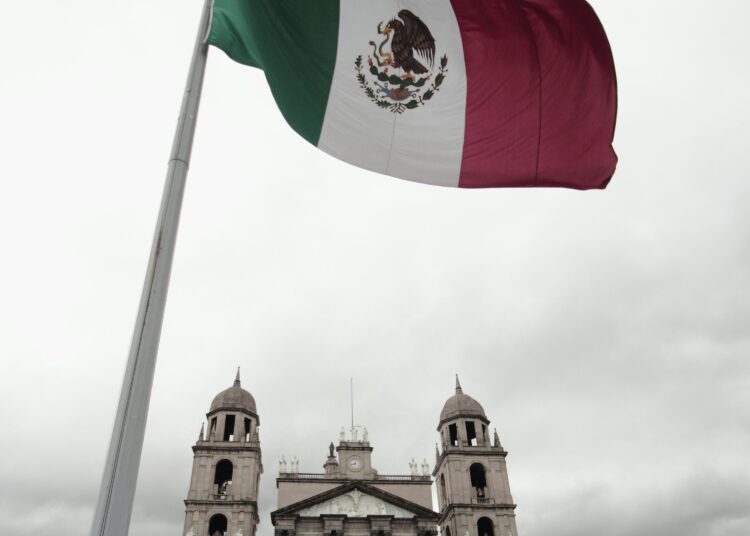Majority of Mexico’s Supreme Court judges submitted their resignation letters and refused to stand for election after controversial judicial reforms introduced in the country, the court said on Wednesday.
The reaction followed Mexico’s bid to become the world’s only country to choose all judges at every level through the ballot, starting from next year.
The development has sparked opposition resulting in street protests and diplomatic tensions across the country.
Eight out of the 11 Supreme Court justices, including President Norma Pina have decided not to seek election in June 2025, a statement said, adding that most of the resignations would take effect from next August.
The announcement came as the Supreme Court prepares to consider a proposal to invalidate the election of judges and magistrates.
Mexican President Claudia Sheinbaum, however, said that the court lacks the authority to reverse a constitutional reform approved by the Congress.
“Eight people intend to change a reform about the people of Mexico. Do they realise the magnitude?” she told a news conference on Wednesday.
Sheinbaum had stated a day earlier that the judges’ real motive was to protect their retirement benefits.
“If they resign now, they will leave with all their retirement benefits,” Sheinbaum said.
“If they do not resign now, they will no longer have their retirement benefits which is a lot of money,” she added.
Former president Andres Manuel Lopez Obrador, who enacted the reforms in September before leaving office, argued that the changes were needed to clean up a “rotten” judiciary serving the interests of the political and economic elite.
Critics fear that elected judges could be swayed by politics and vulnerable to pressure from powerful drug cartels that regularly use bribery and intimidation to influence officials.
During his six years in office, Lopez Obrador often criticised the Supreme Court, which impeded some of his policies in areas such as energy and security.
Sheinbaum, a close ally of Lopez Obrador who became Mexico’s first woman president on October 1, strongly supported the judicial reforms.
The alterations led to diplomatic tensions with vital economic allies, namely the United States and Canada allegedly disturbed financial markets, and triggered demonstrations by judicial workers and other dissenters.
Washington cautioned that the reforms jeopardised a relationship that depends on investor trust in Mexico’s legal system.





